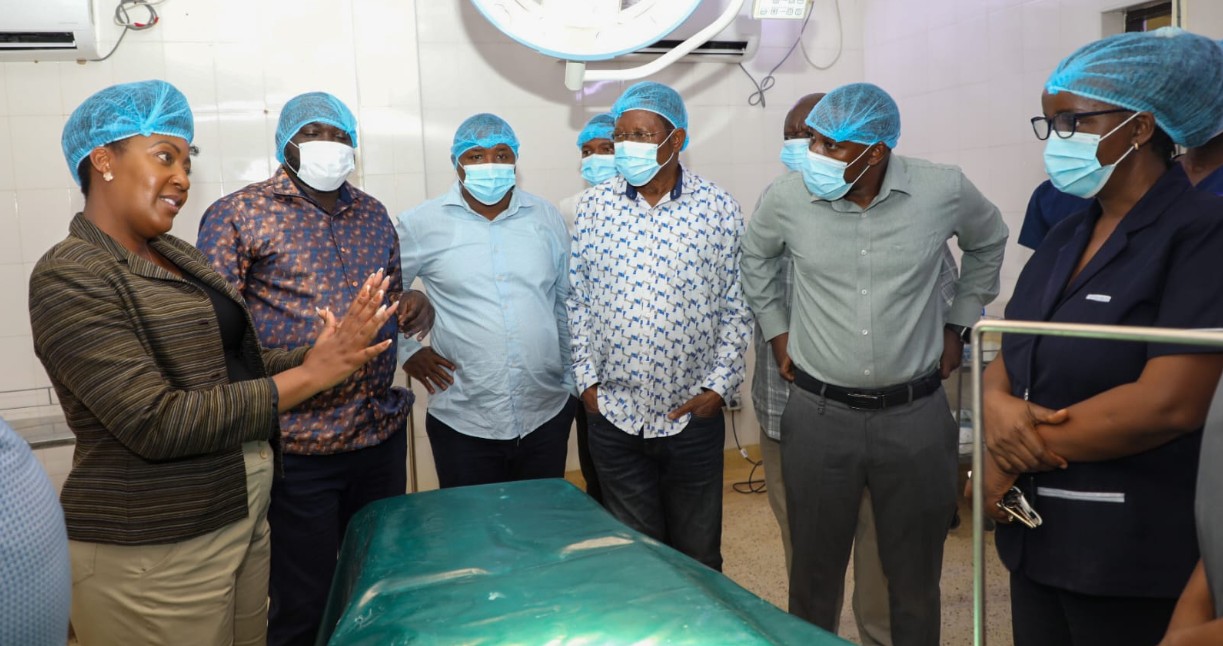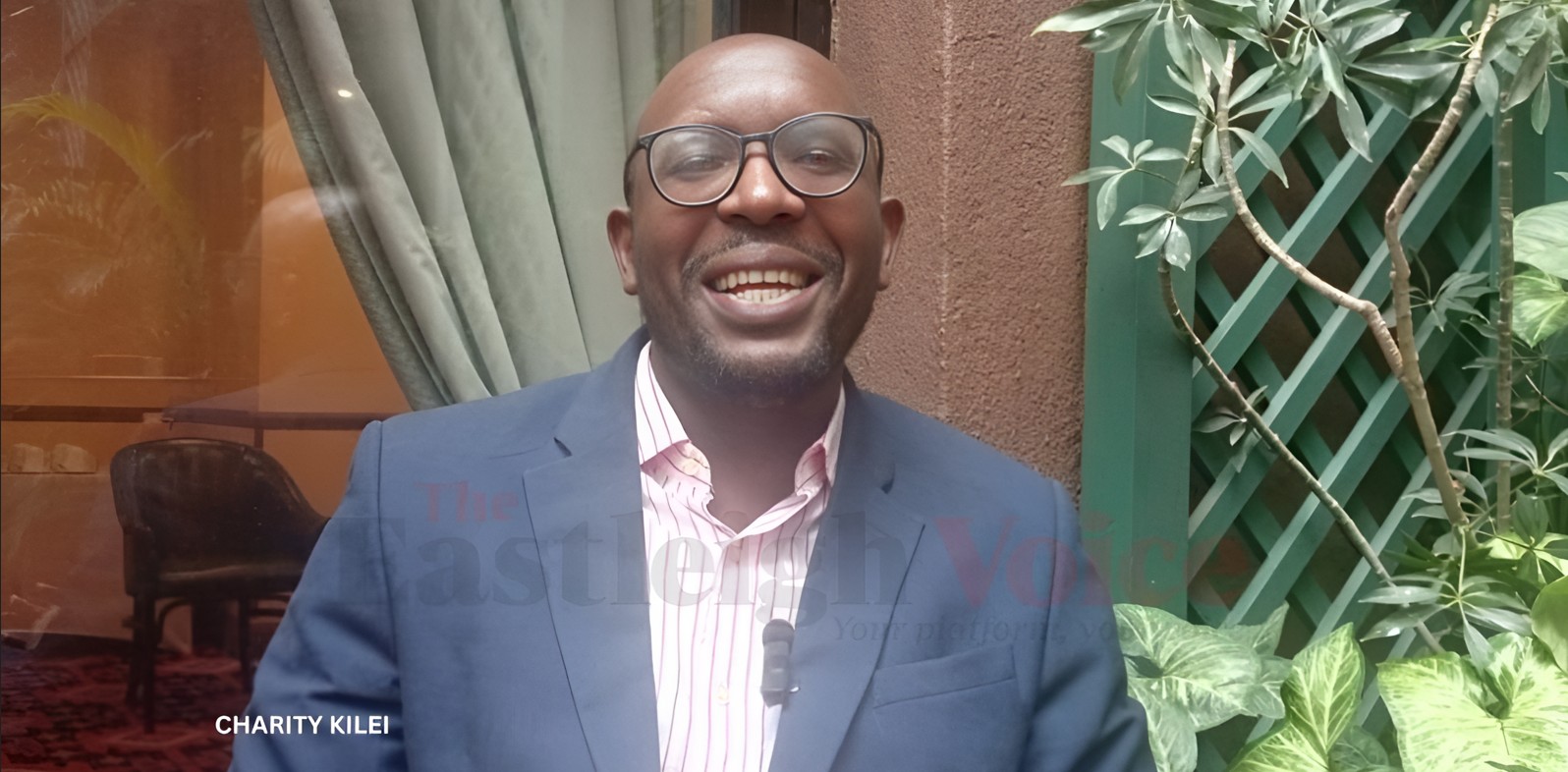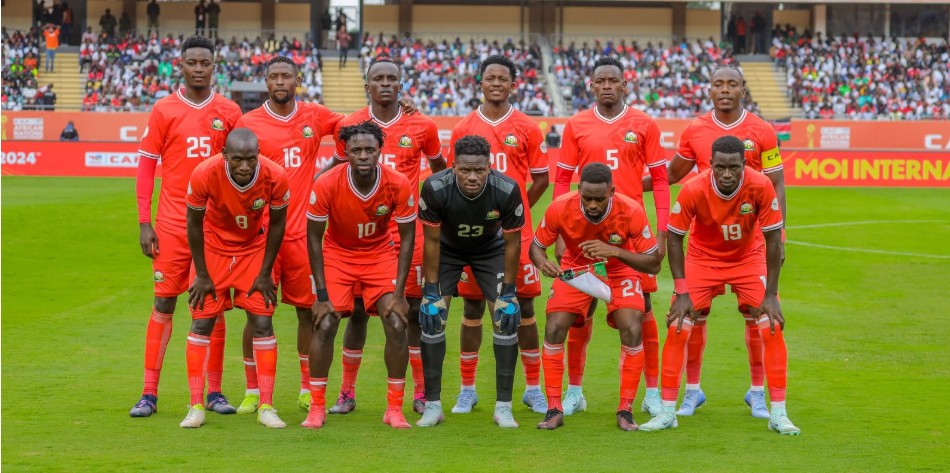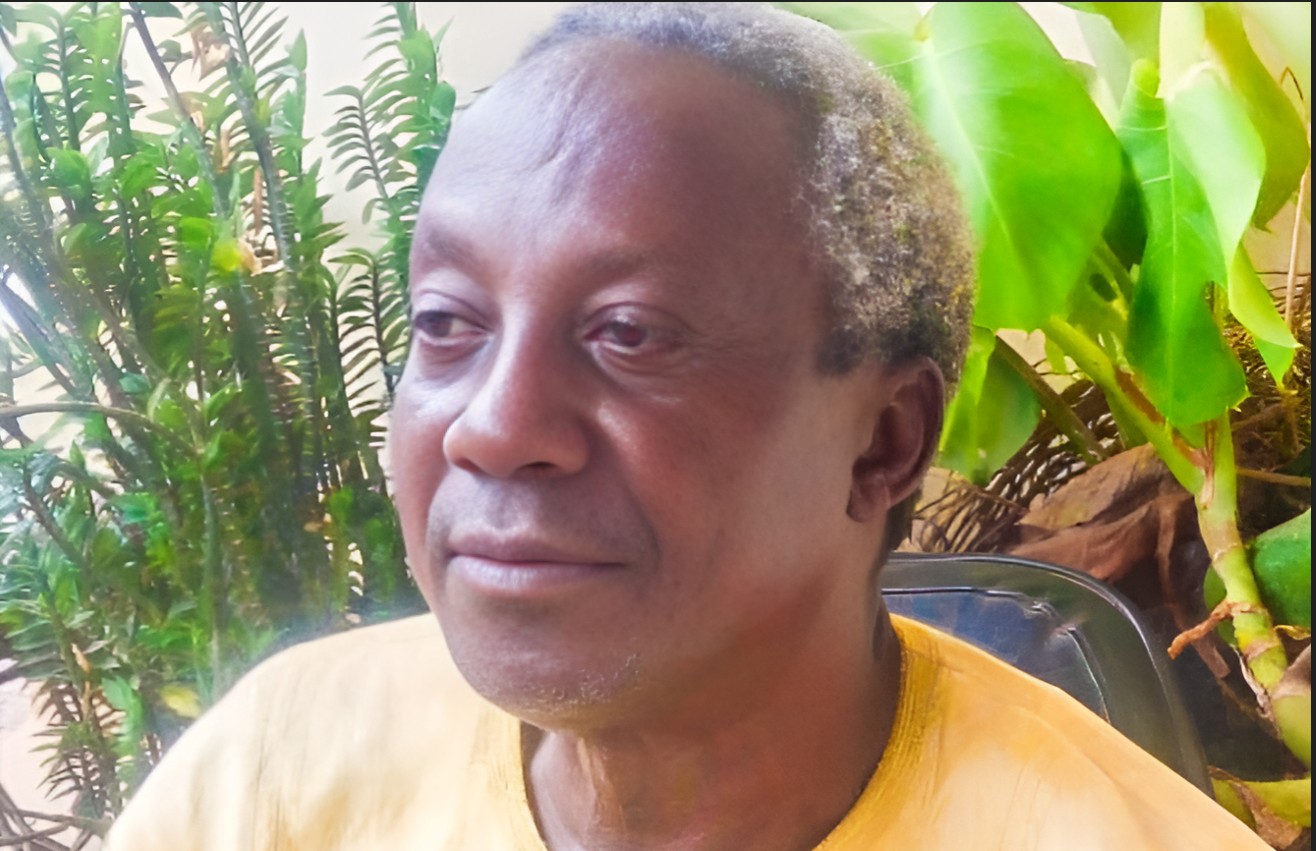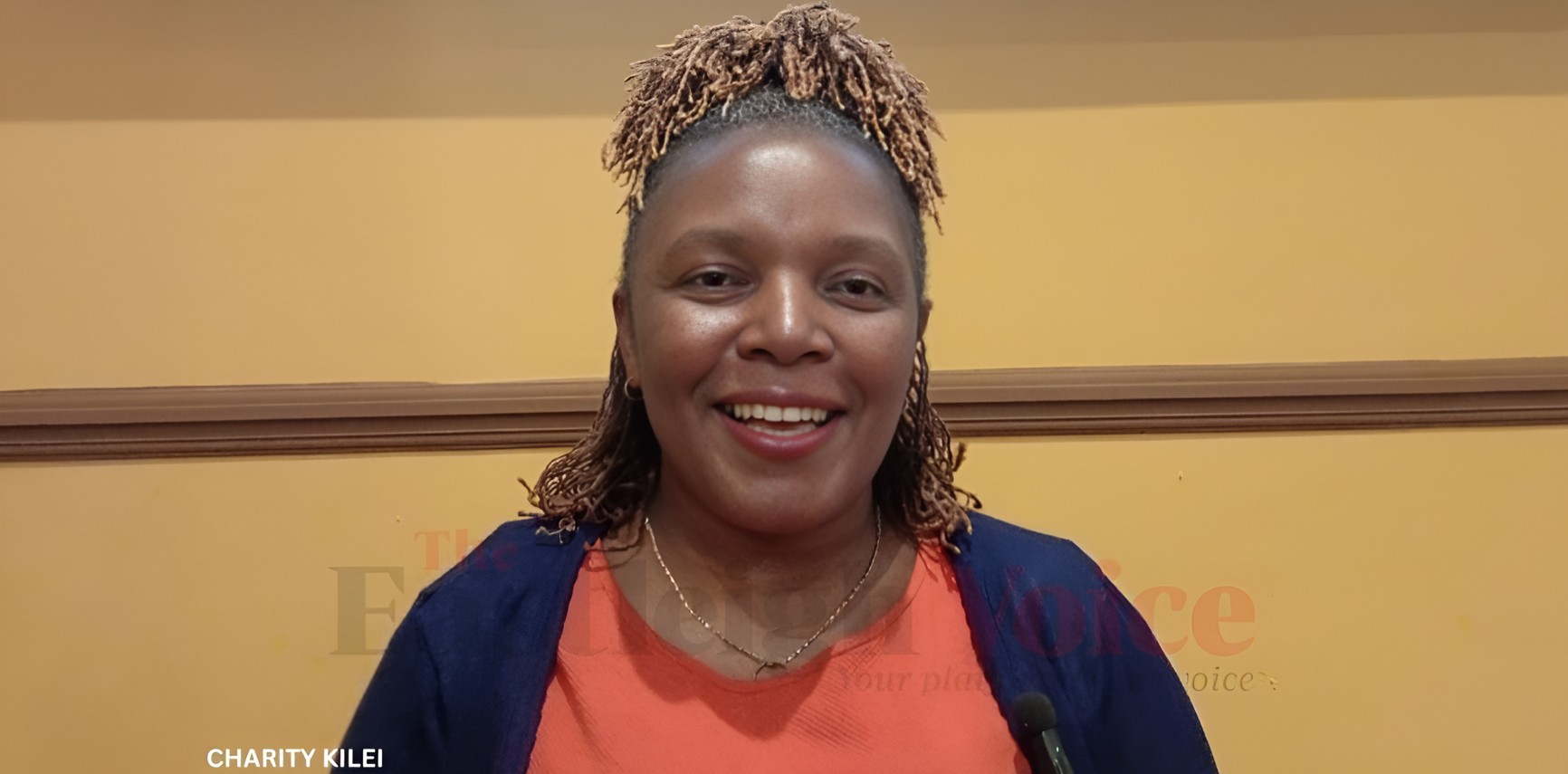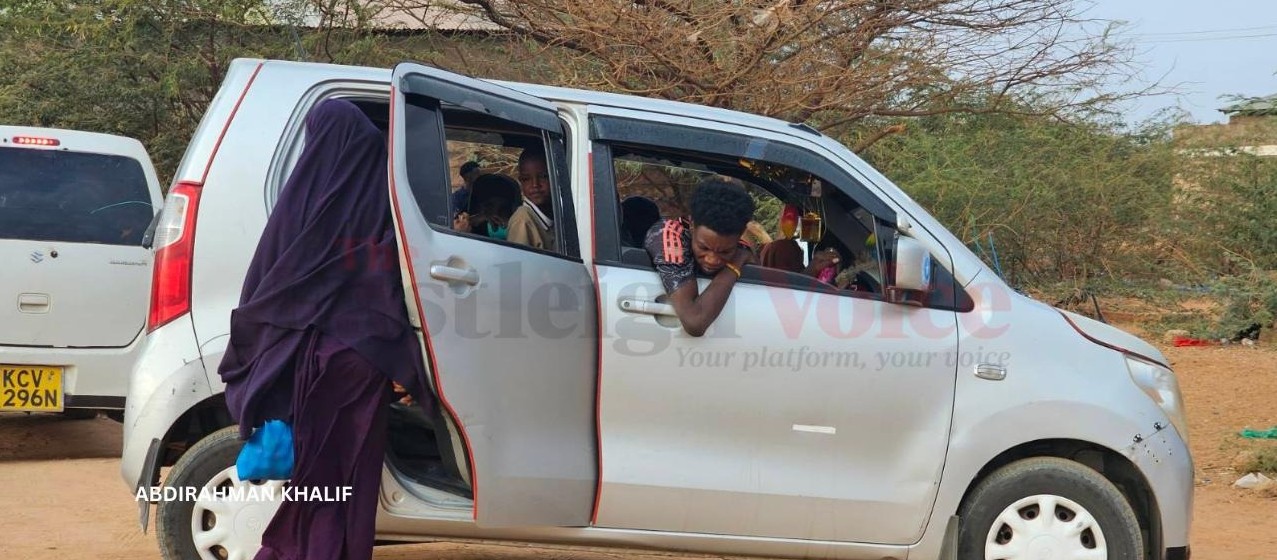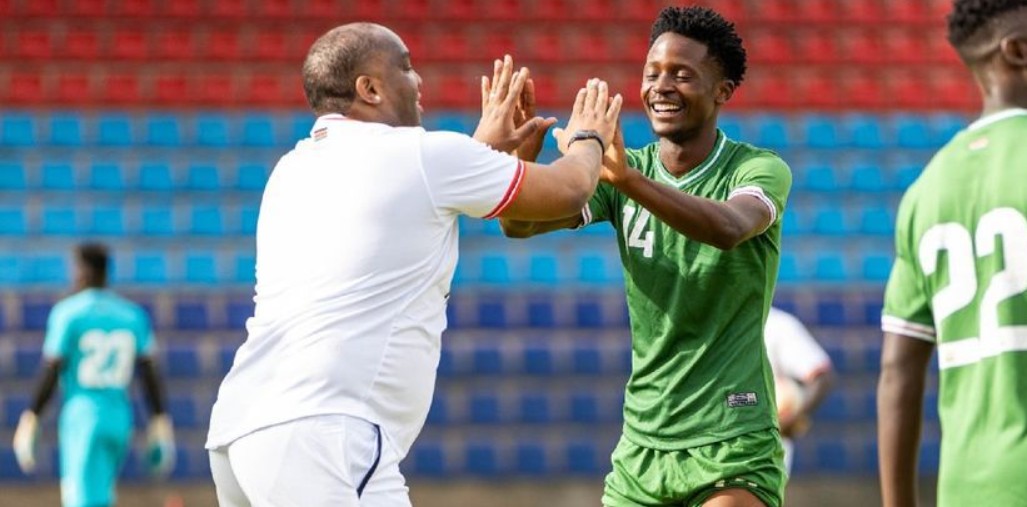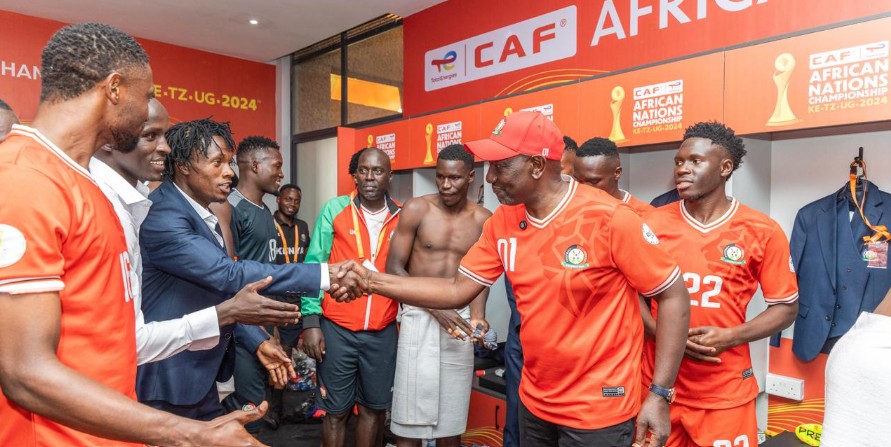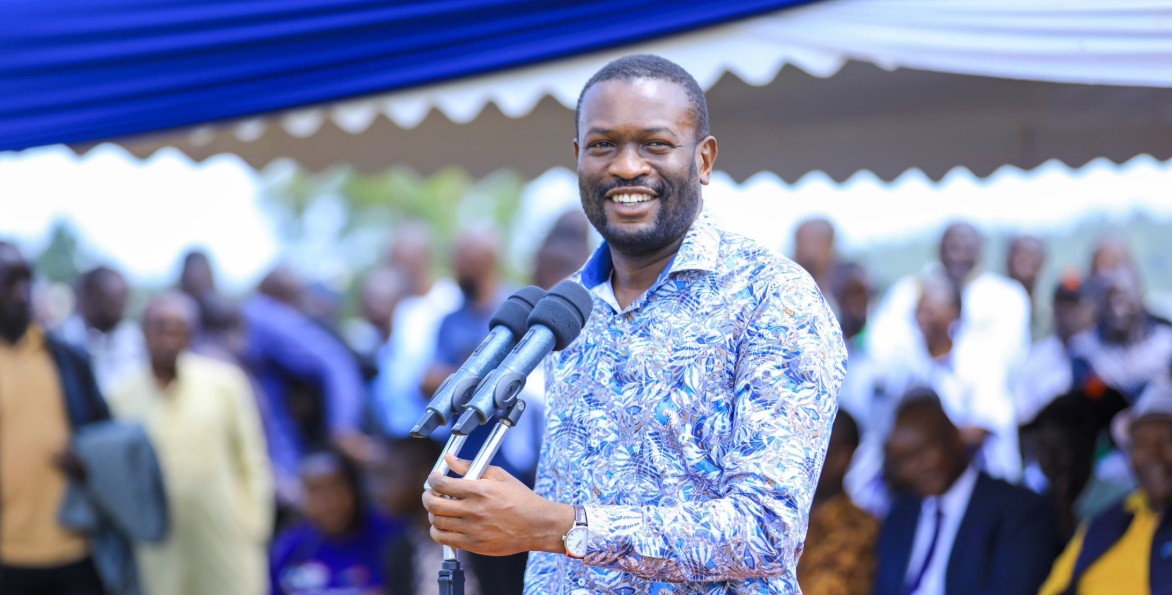Election watchdog ELOG urges clampdown on political irresponsibility before 2027 polls
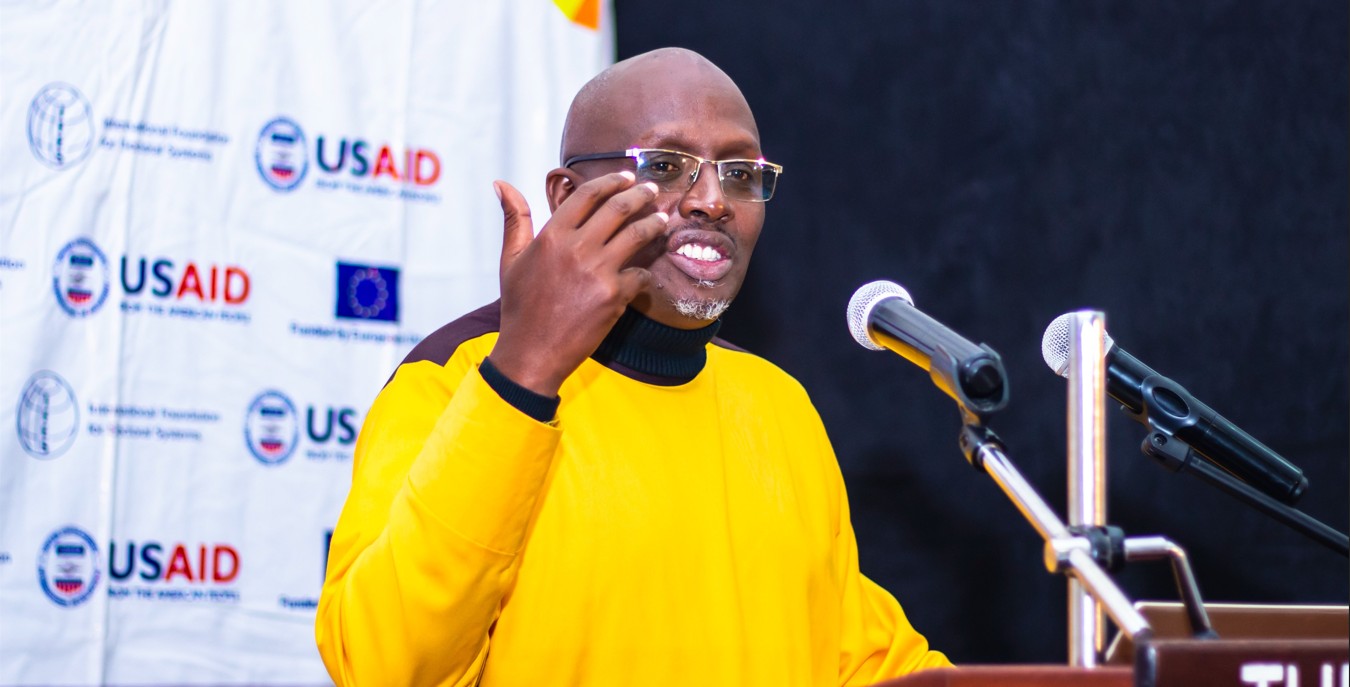
Musau says in the past, there had been a large number of docile citizens, while others were more politically mobilised and easier to manage, as they could be placed into political camps, but Gen Z voters want things done in accordance with the Constitution and are guided by the social contracts they have with their leaders.
As the countdown to the 2027 General Election begins, Kenya’s newly reconstituted Independent Electoral and Boundaries Commission (IEBC) faces a monumental task: restoring public trust, addressing systemic delays, and preparing for a high-stakes electoral contest.
More To Read
- NCIC commissioners earned full-time salaries in violation of court order, audit reveals
- IEBC: Only MCAs can be recalled, non-performing MPs and senators protected by legal gap
- IEBC defends decision to replace Mbadi with Kipchumba, cite 2022 ODM list
- IEBC must rein in early campaigns to avoid heightened political tensions -LSK
- Nairobi Woman Rep Esther Passaris faces recall over silence on police brutality, protest Bill
- Kipchumba replaces Mbadi in National Assembly as IEBC reallocates special seats
With just two years to go, the commission is under pressure to deliver on critical mandates—some of which are already behind schedule—amid heightened political rhetoric and a shifting voter landscape.
In this interview, The Eastleigh Voice political reporter, Barack Oduor, speaks with Mulle Musau, the National Coordinator of the Elections Observation Group (ELOG), a civil society watchdog that has monitored Kenya’s electoral processes for over a decade.
Musau shares his concerns about the IEBC’s delayed reconstitution, warns of rising political recklessness reminiscent of 2007, and offers insights into how the Commission must adapt to a more demanding and politically aware Gen Z electorate.
***
Q: The Independent Electoral and Boundaries Commission (IEBC) was recently reconstituted. Do you think it will achieve its mandate and prepare the country for free, fair and transparent elections?
A: The big issue to me about IEBC and its reconstitution is that it has come too late in the day. We are not happy that the commission is coming two years before the elections, considering the work that needs to be done. This is also because the electoral cycle in this country is envisaged as a continuous process.
The fact that the IEBC is constituted as a permanent commission and as a full-time entity, there are pre-election responsibilities such as voter education and registration, and the conduct of by-elections if and when they occur means that the commission must always be there.
The law has also created a framework where, once the commission leaves office, there is a clear procedure of reconstitution; therefore, the fact that we have had a gap of nearly two years without a commission is a big worry for us as stakeholders.
Be as it may, we already have a new commission now, and the work they are supposed to undertake is clearly cut out. Part of the work they are supposed to be doing is behind time now.
Q: What are some of the duties IEBC ought to have carried out or should be undertaking ahead of the 2027 General Elections?
A: The IEBC ought to have done a boundary review a year ago for this coming election, yet we still do not have any laws which stipulate anything different from what we have from a past census report.
The National Dialogue Committee (NADCO) report made some recommendations for amendments to be made as far as that law is concerned. We are also aware that the IEBC itself had a secretariat before the commission was formed, and they sought advice from the Supreme Court on the same matter on what they needed to do. Parliament also has a role to deliberate on the NADCO proposals, where they should change the timelines for boundary review.
Q: If the delimitation of boundaries is not done, how will this affect the electoral process?
A: That extension or framework does not answer the injustice of representation and human rights. That extension is a legal framework that makes it convenient for the IEBC to defer the process.
We expect the new commission to answer this critical question. We did a census; we are using the boundaries based on the previous census, and some numbers have changed. Our population has increased. There will be constituencies that carry more people than others. If we don't equalise that now, then we will go with those constituencies as they are to the elections. Then what happens to the big question of equality at the vote?
Q: The commission has not been able to conduct voter registration and education because it was previously incapacitated. They've also pleaded for money to fund their operations. How serious are these concerns?
A: The Constitution says that one should be registered as a voter immediately when one turns 18 years old. We are missing quite a number of eligible voters from the register because of the suspension of voter registration. On the issue of funding, there was no leadership to follow on this money, and Parliament also did not allocate enough money to the IEBC, so there has been a problem.
The importance of continuous voter education and registration is what the law provides for us. It enfranchises citizens to be able to participate effectively in the electoral process. Remember that the electoral process or election is not a matter of the day of casting the ballot only.
Q: There has been the issue of waning confidence in the commission. The hiring of the new commissioners seemed to have a lot of political interests. How can the agency restore public faith and confidence?
A: The problem with public confidence is not just an IEBC problem, but a lack of public confidence in most of the public institutions we have in this country.
The issue of public confidence, in my view, is a matter of political bad manners of politicians, where everyone tries to emasculate the role of the IEBC.
I, however, think the management of elections in this country has been improving over the years. We have seen laws always improve in every election, and issues which affected previous elections are getting addressed in the next elections.
For instance, the Chebukati-led commission had a council and also a portal to check directly on the results. I think that is a great improvement.
You don't hear the political class talking about these improvements, and they keep changing their scripts depending on who is winning and who is losing. The people who lose bastardise the commission and its processes, and the people who are winning are praising it.
In my view, our electoral processes have been improving, but why are Kenyans still suspicious about how the IEBC goes about its business? First is because of the bad manners of the political class, where they want to interfere. Even in the recruitment of the current commissioners, you could read interference. Why were there, for instance, six new names brought after a shortlist had already been procured?
To gain public confidence, the commission should know that they've been given a mandate to be in the office by the people of Kenya. There are laws that they're able to follow, can they operate above board, and can they endear themselves to the people they are holding the office for, because the IEBC is an independent commission, since the people want it that way.
Q: Politicians have begun reckless talks on elections. Some are openly saying they will aid in rigging elections, while others are making remarks bordering on ethnic incitement. Do you think there is a major concern for IEBC and stakeholders?
A: We are in a similar scenario to the run-up to the 2007 elections that turned chaotic. If the political class is going to be let loose and continue what they are doing without any other intervention by any other actor, then chances are that we are going to get ourselves into a very bad situation in 2027.
Some things need to be done; I don't think we can do much about the political class because of their bad mannerisms, which is now a culture. Organisations such as the National Cohesion and Integration Commission (NCIC) must now become effective in their roles; the problem is that they are there but toothless.
Anybody talking about rigging elections is basically talking very dangerous language because that is outright incitement to violence. Remember that Kenyans believe that they are sovereign and they can be able to ensure that part of their sovereignty is how they express themselves at the ballot.
Therefore, if someone says they are able to add more ballots or rig this particular election, then they are telling Kenyans that their votes are useless, and this is incitement of Kenyans against each other or against the political class.
Q: What lessons can the IEBC learn from the recent civic uprising of Gen Zs and Kenyan youth who are largely advocating for good governance, accountability and respect for human rights and freedoms?
A: I think the biggest lesson IEBC can learn about Gen Z protests is that there is a new voter in town. If there is anything I would like the IEBC to react to, then it is the fact that there is a new voter in town.
Forget the fact that they have been registered to vote or not, but there is a voter who has attained the age of majority in town who is of a different brand.
He or she is someone who is very much conversant with their issues, and they have primed themselves in a manner that allows them to get as much information about any process in the country.
Because of this new kind of voter, the IEBC processes must change; it must understand that the new voter of today has much more citizen urgency within them. They ask questions and expect answers. They are not docile.
Previously, we had a large number of docile citizens, and others were much more mobilised politically and were easy to deal with because they could be put into political camps.
This new group of voters, however, wants things to be done following the Constitution. They are led by the social contracts that they have with their leaders.
Top Stories Today
Reader Comments
Trending
